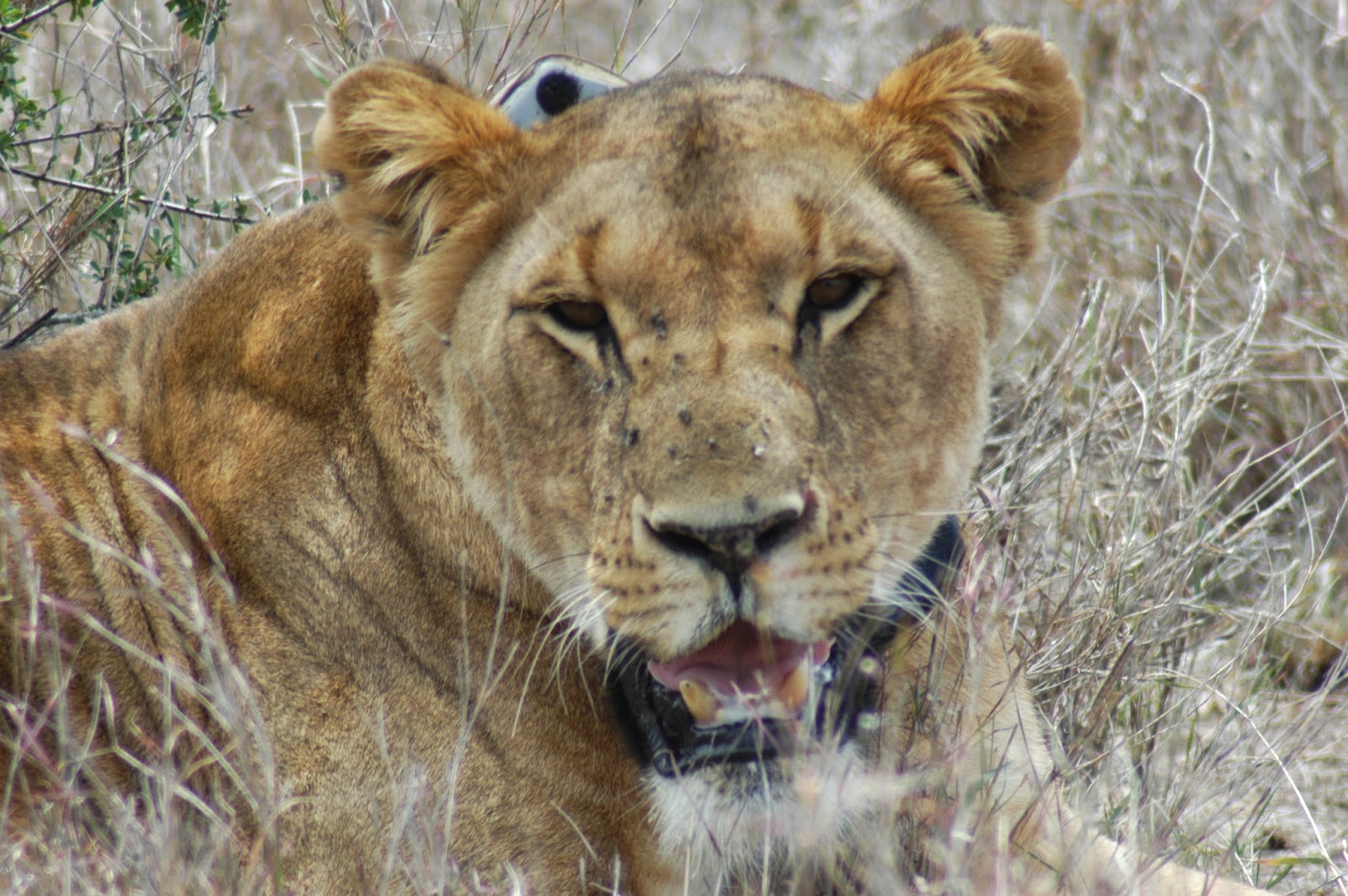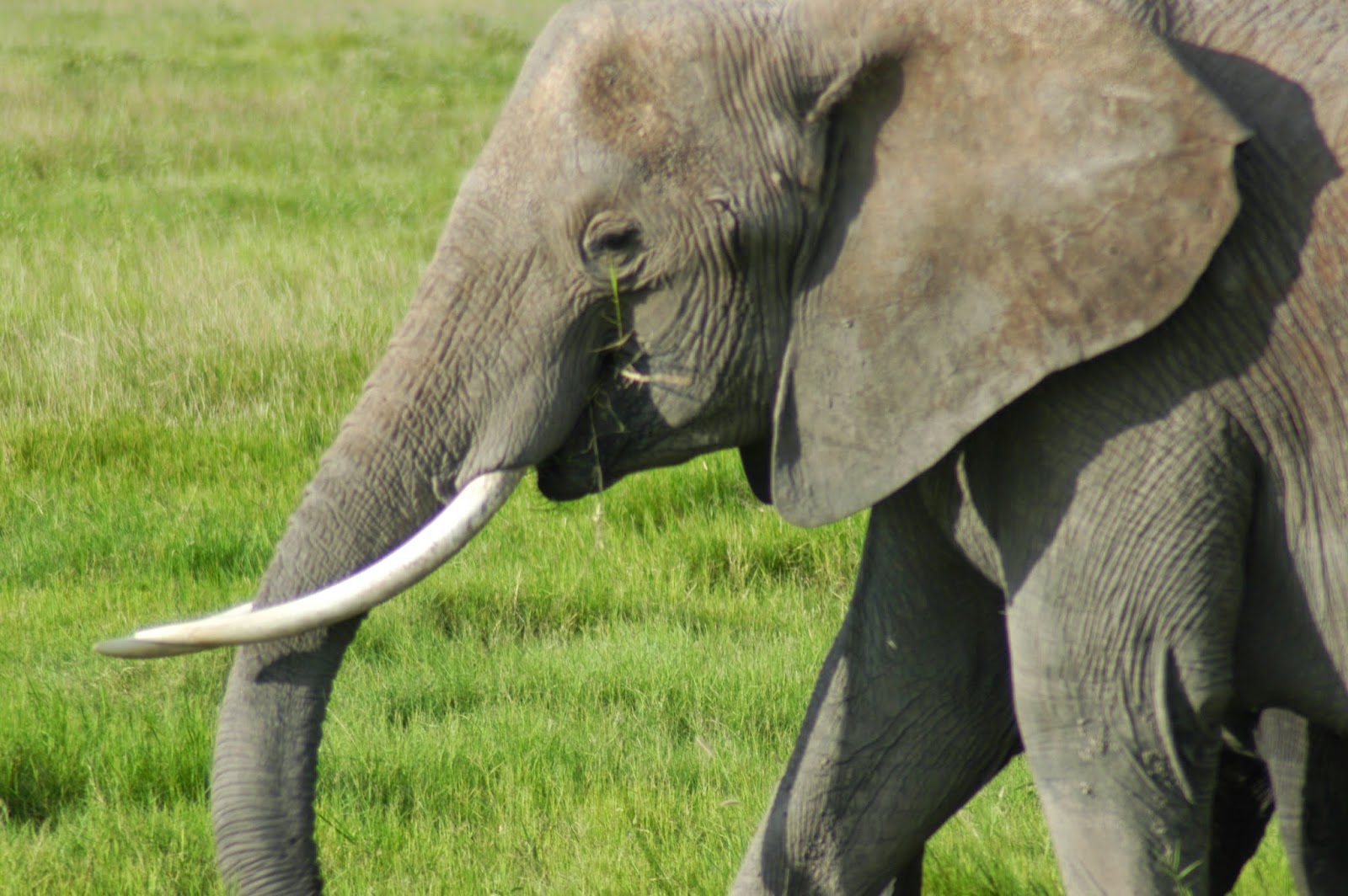I will be headed back in May as a field tech for Ph.D. candidate Anne-Marie Hodge. Her research lies broadly in the realm of carnivore community ecology. Let her explain more here; Anne-Marie's Scientific American Expeditions Blog . This summer, I'll be assisting with field work and collecting data involving an invasive cactus and it's impact on the Laikipia Plateau carnivore communities.
During my study abroad experience, I completed my independent study (*see IDS post!) at the Mpala Research Centre which, coincidentally, is where I will be again this summer! Mpala is located just north of Nanyuki, Kenya on the Laikipia plateau, 200 kilometers north and slightly east of Nairobi. The Laikipia Plateau, sits between Mt. Kenya and the Great Rift Valley and is composed of savannah habitat, home to elephants, lions, reticulated giraffe, African wild dogs, hyenas, cheetahs, Grevy's Zebra, and black rhino, just to name a few :).
Having been there before and having frequently partaken in what ecologists refer to as "sundowners" (Finding an escarpment or any high rock/boulder/mountain to sit on, enjoy a beverage, and be in the stillness of the sunset) I can attest, it is truly a beautiful landscape.

The initial draw to visit a place like this is the wanyama na mazingira, or the animals and environment, but the reason you go back ni watu wote. The people of Kenya are very much alive. If you take time to listen, you will learn much more about life than you expected, and probably ingest more chapatti and chai than you bargained for. Although I know this experience is going to be much different than the KSP, and am maintaining an "expectation-free" mindset, I am excited to see what Kenya has to teach me this time around.











































.jpg)




